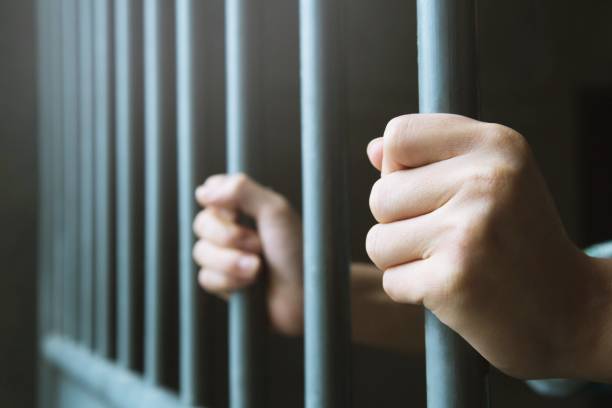
By Mohd Naushad Khan
Nov. 16
Tamil Nadu has announced that it will soon replace its age-old prison manual which was derived from the jail laws of the British period with a new set of guidelines. For this it has devised Model Prisons and Correctional Services Act, 2023. The questions are: Will the new set of guidelines for Model Prisons be any helpful for minorities who are in a majority in Jails in Tamil Nadu or elsewhere? Will jail inmates belonging to minority communities be treated equally as other inmates or will it ensure the kind of transparency required in jails? Will the new guidelines follow United Nations Standard Rules?
The Ministry of Home Affairs, through the Bureau of Police Research and Development, in consultation with various stakeholders, including State Prison authorities, correctional administration experts, etc., prepared a Model Prisons and Correctional Services Act, 2023 and forwarded it to all States and UTs on 10th May, 2023, for adoption in their respective jurisdictions.
The Model Act is a comprehensive document which covers all relevant aspects of prison management, viz. security, safety, scientific and technological interventions, segregation of prisoners, special provision for women inmates, taking appropriate action against criminal activities of prisoners in the prison, grant of parole and furlough to prisoners, their education, vocational training and skill development, etc.
The Model Act has appropriate provisions for reformation, rehabilitation and integration of prisoners in the society. It has also a provision for Welfare Programs for Prisoners and After-Care and Rehabilitation Services, as integral parts of institutional care.
According to the National Crime Records Bureau (NCRB)’s most recent data on prisoners in India, which was updated until 2020 and made public on December 27, 2021, of the 488,511 inmates in 2020, 93,774 or 19.1% were Muslims. India’s Muslim population is estimated to number 204 million, or 14.2% of the total.
As per the findings, Muslims made up 17.4% of all convicts and 19.5% of all undertrials in Indian prisons. Among other convicts, Muslims made up 57.2% and over 30% of the detenus. “Other prisoners” are mostly referred to as civil prisoners, meaning people serving time for breaking a court order related to a legal lawsuit, like not paying a wife’s maintenance. West Bengal had the second-highest percentage of Muslim undertrials (43.5%) and prisoners (33%), after Assam (52.3%) and West Bengal (47%). In Haryana (100%) of detenus were Muslims in 2020, followed by Jammu and Kashmir with 96.4% Muslim detenus and Telangana with 49.5%.
According to Raja Bagga, Assistant Director, Criminal Justice Clinic – A Legal Aid Initiative (CJC), Jindal Global Law School, “Prison manuals across the country need a thorough revisit. While the last decade has seen changes in prison manuals to eliminate problematic provisions on custodial punishment and caste discrimination among others, the colonial mould of these rules still exists to understand (and hence manage) prisons as a ‘security’ and ‘safety’ issue. State governments, through their manuals still follow the framework of the colonial 1894 Prisons Act which paid scanty attention to the rights and dignity of persons in custody.”
“The MHA’s Model Prisons and Correctional Services Act, 2023 has taken steps, albeit small, to include provisions on rehabilitation and reformation. The Model Act includes provisions introducing individual sentence planning, developing committees for classification of prisoners, addressing vulnerabilities faced by transgender prisoners, recognizing importance of timely assessment of mental health of prisoners, amongst others,” said Bagga.
On Tamil Nadu’s attempt to replace the old prison manual with Model Prison guidelines, he said, “Tamil Nadu’s attempt to replace its old prison manual is a step in the right direction. However, it should not be a mere exercise to replicate the Model Act. This is also an opportunity for the State to ensure that their prison rules are in sync with international standards on prison administration and rights of persons in custody such as the United Nations Standard Minimum Rules for the Treatment of Prisoners (the Nelson Mandela Rules), United Nations Standard Minimum Rules for the Administration of Juvenile Justice (the Beijing Rules); and are in conformity with settled jurisprudence on the right to life and dignity.”




